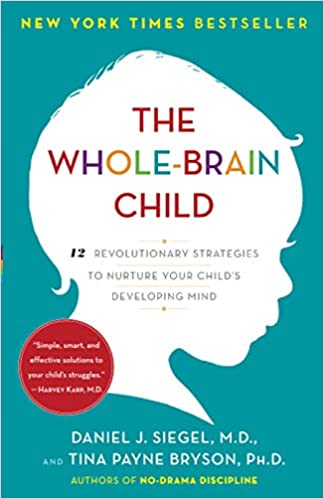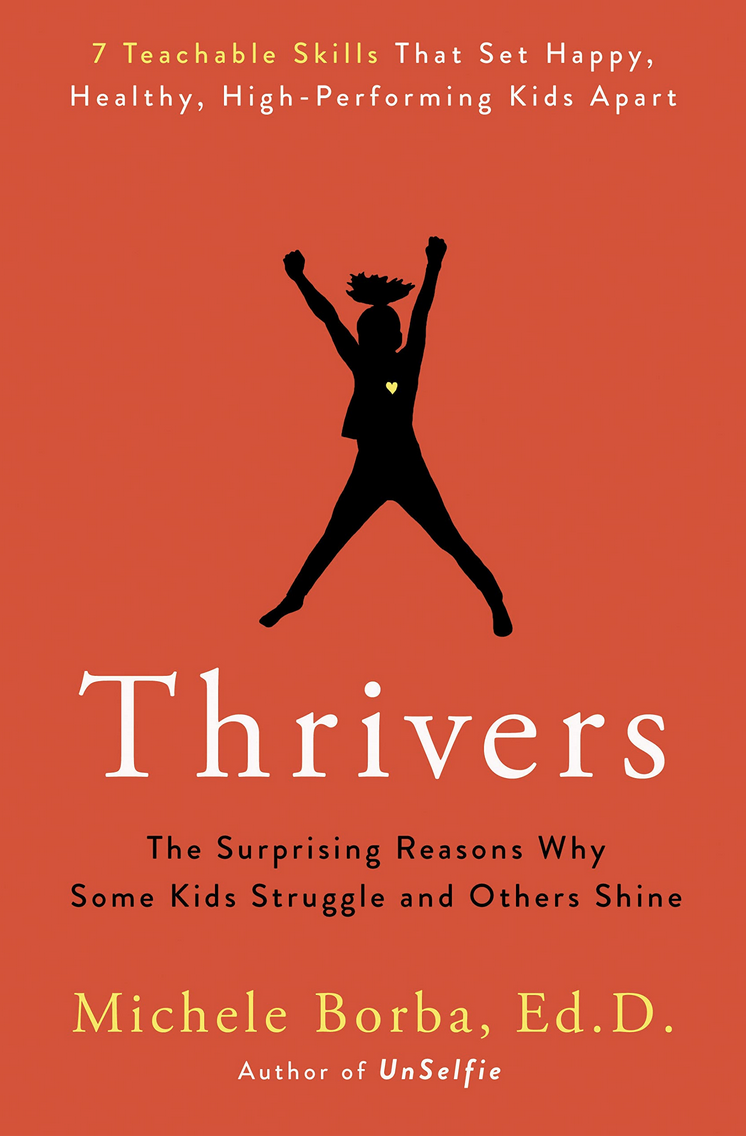 It’s tempting – and easy – to give children labels. At a very young age, they can seem very simple and predictable for us. Here are the reasons why it’s not a good parenting practice.
It’s tempting – and easy – to give children labels. At a very young age, they can seem very simple and predictable for us. Here are the reasons why it’s not a good parenting practice.
1. They’re Way Too Young For Labels
At a young age, children are in the beginning phase of their growth and development. While it’s good to support your kids in their interests, there’s no reason to assume that pursuit will define them forever.
2. They May Not Understand That They Are Changeable
If a child is called something again and again, they may begin to think that’s just what they are. They will consider their identity, and they don’t understand that they can change their area of interest if they want to.
3. It’s A Self-Fulfilling Prophecy
A negative label, primarily when given seriously and repeatedly, will wind up being a self-fulfilling prophecy. Studies have shown that students labeled “gifted” will have more positive performance in class, while those labeled “not gifted” can wind up doing poorly.
Even positive or neutral labels can backfire. Call a kid a “jock” enough times, and they may not put in any effort in their studies because they believe their tag, considering themselves not smart enough.
4. Children Are Going To Change As They Grow
We’re continually growing, absorbing new experiences, and evolving. With children, there’s so much for them to learn and absorb that they’re likely going to change way more often than you do. They want to be something one day, then the next they find out about something cooler.
5. It Prevents Empathy
Parents have a responsibility to be empathetic towards their children. When you label your child, you’re making it more difficult for you to feel empathy towards them.
- Your child is “the smart one,” so you’re disappointed they didn’t do well on the test.
- This particular child is “not gifted,” so you don’t notice tell-tale signs of problems in school
- Your child is “emotional,” so you don’t bother asking them why something has upset them because “everything upsets them anyway.”
Studies also indicate that parental empathy can have a positive effect on children’s level of understanding.
6. Behavior Becomes Tough To Correct
Instead of labeling your child, label their unwanted behavior. Don’t call a child with a short temper “angry,” “aggressive,” “emotional,” or a “shouter.” Instead, say that their tendency to blow up is unfair on the people around them and encourage them to take steps towards correcting the behavior.
7. Every Trait Has A Flip-Side
There are two sides to every coin. By focusing on only the negative sides of your children’s behavior, you are ignoring the fact that these traits can also be positive. For example:
- “Bossy” children make great leaders
- “Intense” children are passionate
- “Daydreamers” are creative and full of imagination
- “Oppositional” children are assertive
8. It Damages Self-Esteem
When children hear their labels, again and again, especially negative ones, they internalize those issues. Their self-esteem becomes damaged, and their positive thinking can be permanently harmed.
Children need to know that they are more than one or two traits. If their entire sense of self boils down to something negative, they will believe it.
9. Children Are Not One-Dimensional
Children’s personalities are not yet fully formed at a very young age, but that doesn’t change the fact that they’re not one-dimensional. A child cannot be just one label or only one trait. They are full-fledged people with different personality traits, complex nuances, and ups and downs.
10. Positive Labels Can Be Limiting
Some studies indicate positive labeling can be beneficial to children, but it’s still limiting. Yes, that’s right: even positive labels aren’t necessarily useful:
- The helpful one
- The responsible one
- The smart one
- The kind one
- The wise one
The problem with these labels is that they still reduce children down to one specific trait. It saddles them with excess pressure that they have to be that trait, or else.
Excerpted from “10 Reasons Why Parents Should Stop Labeling Their Children” from the Power of Positivity. Read the full post online.
Source: Power of Positivity | 10 Reasons Why Parents Should Stop Labeling Their Children, https://www.powerofpositivity.com/parents-should-stop-labeling-children | © 2009-2023 Power of Positivity
Do you need someone to talk to? To schedule an evaluation or to get advice about your child’s or teen’s challenges, call or email a CHC Care Coordinator at 650.688.3625 or careteam@stage.chconline.org CHC teletherapy services are available now.




